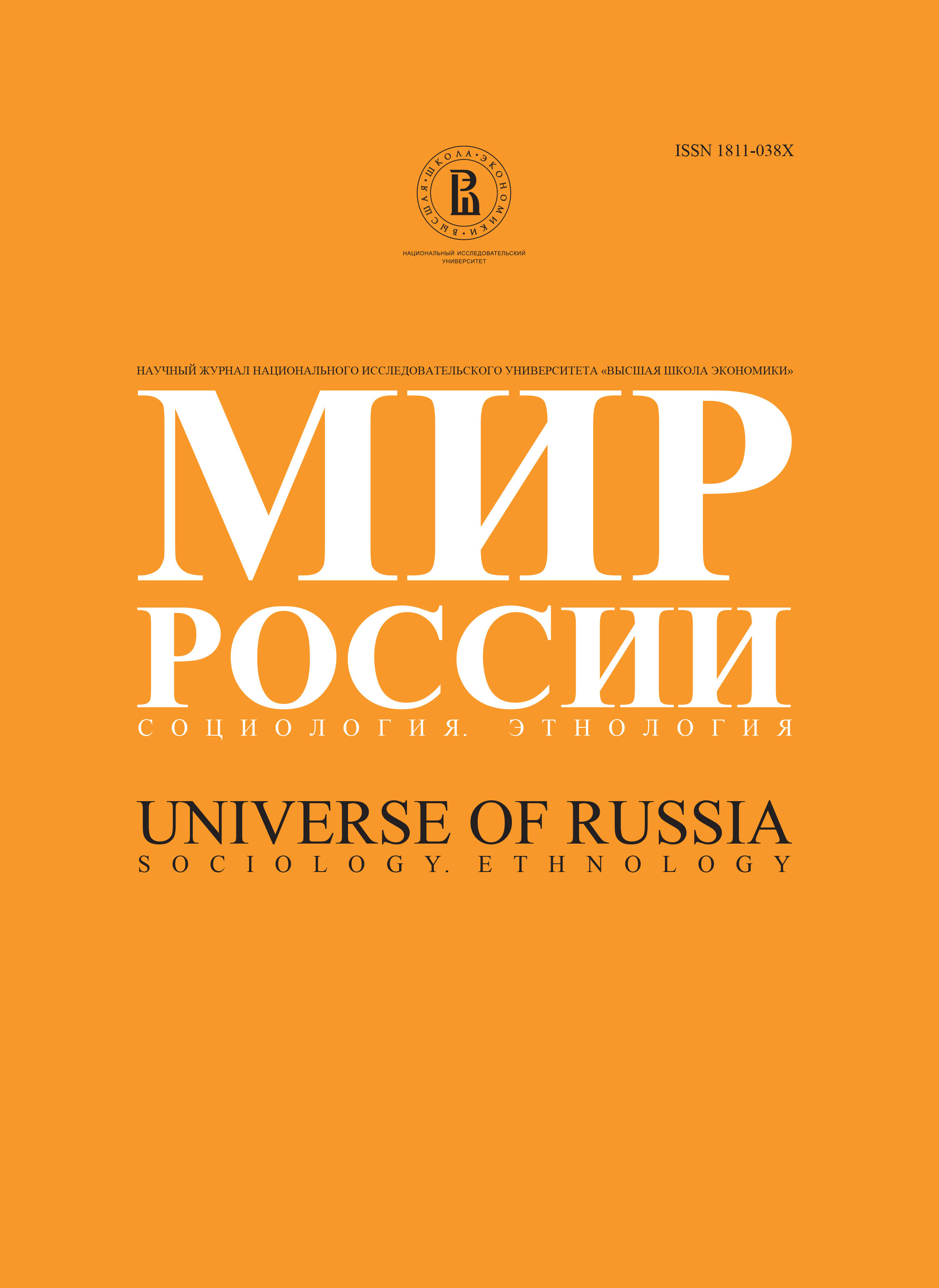Social Contract — The Basis of Long-Term Economic Strategy
Abstract
For many centuries social contract in Russia had a strictly paternalist character, when a certain level of welfare was guaranteed for all members of the society in exchange for absolute obedience to their immediate supervisors in the realization of economic and political programs, elaborated by higher hierarchic bodies. Social contract of the communist period was the following: «do the things that they tell you to do, and the authority will take care of you and your family». Taking into account the conditions of the planned economy and totalitarian state, such type of social contract was the only acceptable one and the only possible within the communist system. However the task to create at any cost modern industrial economy and a powerful military system forced the communist leaders to considerably raise the educational standard of the population. They also couldn't completely prevent the access to the information about Western living standards. And what is more important they could not prevent stimulating incentives of their employees from entering into deep conflict with the goals of the communist system. Thus, the system of the old social contract gradually corroded itself on the inside and finally it was thrown off. However the death of the old social contract has not led to the harmony in the society yet as regards the forms the new social contract would have. The state of Russian society after the collapse of the communist system may be described as the state of absolute confusion. Among the ordinary citizens there increases the comprehension of the fact that paternalist relations with the state are over forever and that in future they will have to rely only on their own initiative and enterprise. Obvious inability of the government to fulfill even the simplest responsibilities to the citizens (taxpayers) and repeated rejection of their own promises only strengthen this comprehension. On the other hand many Russians still hope for a return of some form of paternalist social contract, when there would be no need to have personal responsibility for ours well-being. At the same time the rulers themselves though unable to provide a decent standard of living for the people, still hope to preserve totalitarian power. This discord between reality and expectations typical for the majority of the population and government is the source of conflicts and the main obstacle to achieving harmony as regards new balance in the social game. As a result of this confusion, even among those part of the population which had initially welcomed the possibility to get economic independence and had sincerely supported ideas and rules of economic freedom and independence, there can be observed the growth of disappointment in the government, which deliberately delays the rejection of many features of totalitarian control. New companies and people who in principle would prefer a new social contract find that they are deeper and deeper involved in the sphere of parallel economy. The model of behavior characterized by cynicism and uncovered opportunism as well as complete denial of the necessity of social cooperation outside the narrow circle of insiders creates «evolutionary stable strategy» for these social actors. The other part of the population, especially the people who due to different causes cannot resign themselves to the collapse of paternalist social contract, develop their claims towards the authorities (central, regional and local). Even despite the fact that in many cases these people clearly understand that their demands couldn't be or in any case wouldn't be carried out, they refuse to think about alternative solutions to their problems and often fall into a sort of collective fury, mixed with political apathy. The reality of economic and social conditions in Russia makes the return to the social contract of the old type totally incredible, however the alienation between different social groups seriously hampers the achievement of the new social harmony in the society. An important task of any government wishing to make Russian economy and policy modern is elaboration of a project of a new social contract. Reforms conducted only «from above» can not lead to real changes in the life style and behavior of people, can not let out their creative energy. Without motivated participation of the people no reforms, «radical», «gradual», «ideological» or «technocratic» will ever have serious chances of success. The main feature of the social contract within market economy and democratic civil society is the fact that ordinary citizens («the ruled») take upon themselves the responsibility for personal well-being and for the well-being of their families, while the leadership («rulers») limit themselves to «protectionist» activity in terms of K. Popper.






